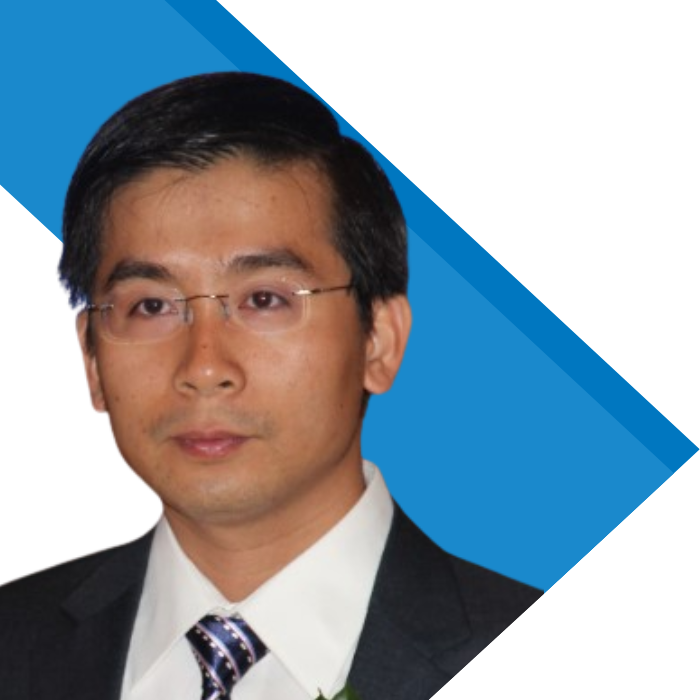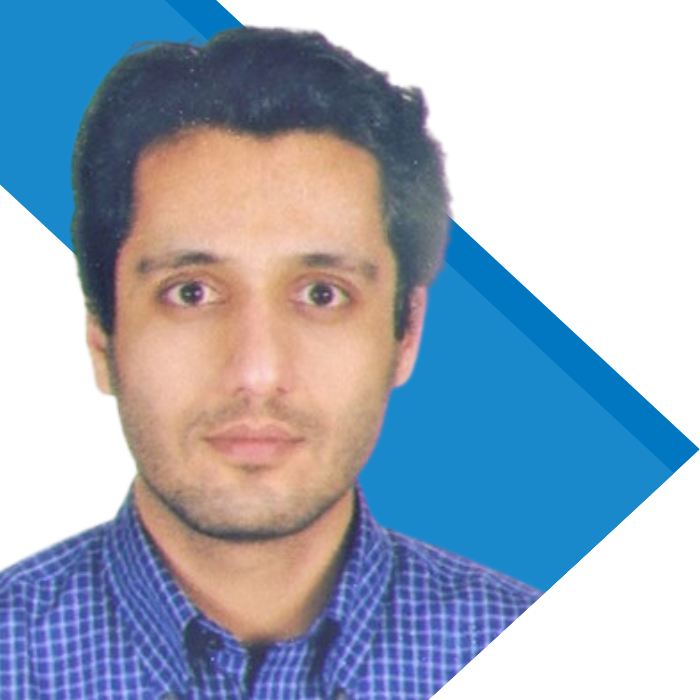Title: Edge Intelligence URLLC for 6G Digital Twin: Joint Communications and Computation Design
Kenote speakers:

Dr. Trung Q. Duong (IEEE Fellow and AAIA Fellow) is a Chair Professor of Telecommunications at Queen’s University Belfast, U.K. and a Research Chair of the Royal Academy of Engineering, U.K. His current research interests include optimisation, signal processing, and machine learning in wireless communications. He has published more than 420+ published papers with 15,700+ citations and h-index 68. He has served as an Editor for many reputable IEEE journals and been awarded best paper awards in many flagship conferences. He is the recipient of the Royal Academy of Engineering Research Fellowship (2015-2020) and the prestigious Newton Prize 2017. He is a Fellow of IEEE and a Fellow of AAIA.
Dr. Saeed Khosravirad is a member, IEEE) is a Member of Technical Staff at Nokia Bell Labs. In this role, he contributes to innovating the future generation of wireless networks with ultrareliable and low latency communications. He received his Ph.D. degree in telecommunications in 2015 from McGill University, Canada. Prior to that, he received the B.Sc. degree from the department of Electrical and Computer Engineering, University of Tehran, Iran, and the M.Sc. degree from the department of Electrical Engineering, Sharif University of Technology, Iran. During 2018-2019, he was with the Electrical & Computer Engineering department of University of Toronto, Canada as a Visiting Scholar. He is an editor of the IEEE Transactions on Wireless Communications, editor of the IEEE Communications Magazine, and guest editor of the IEEE Wireless Communications magazine. His research fields of interest include wireless communications theory, cellular network technologies with emphasis on ultra-reliable communication for industrial automation, and radio resource management for future cellular networks.

Abstract:
The future generation of wireless communications requires the stringent quality-of-service (QoS) requirements in terms of very high data rate, ultra-high success reception rate, and minimal latency. Supported by high QoS wireless communications, digital twin has become a game-changing technology in many applications including smart city, manufacturing, automotive, gaming, entertaining, and climate resilience. Edge computing-based wireless ultra-reliable and low-latency communications (URLLC) in 6G has been considered as a key technique to realise the full potential of digital twin. This talk discusses a joint communications and computation design of URLLC multi-tier computing in 6G that supports digital twin networks, not only fundamental requirements, but also enabling technologies, visions, and future challenges.

